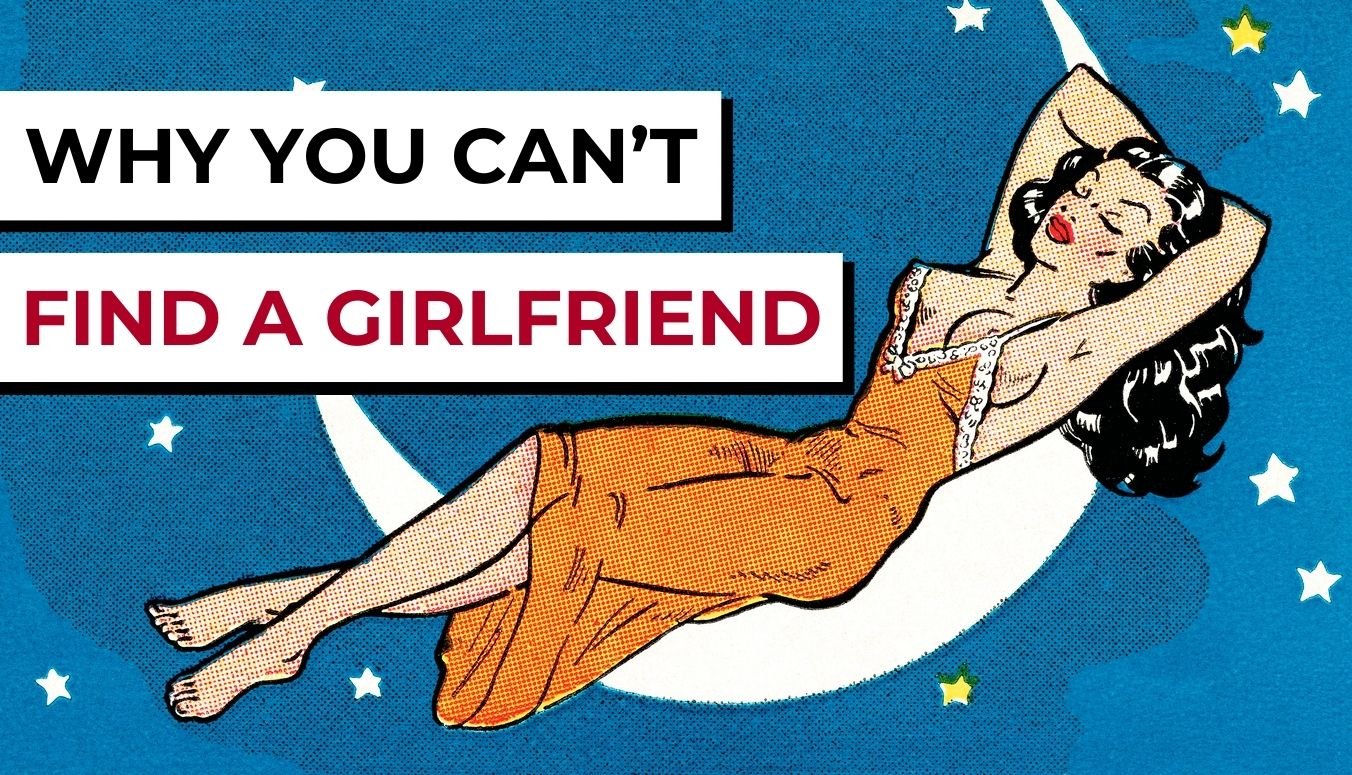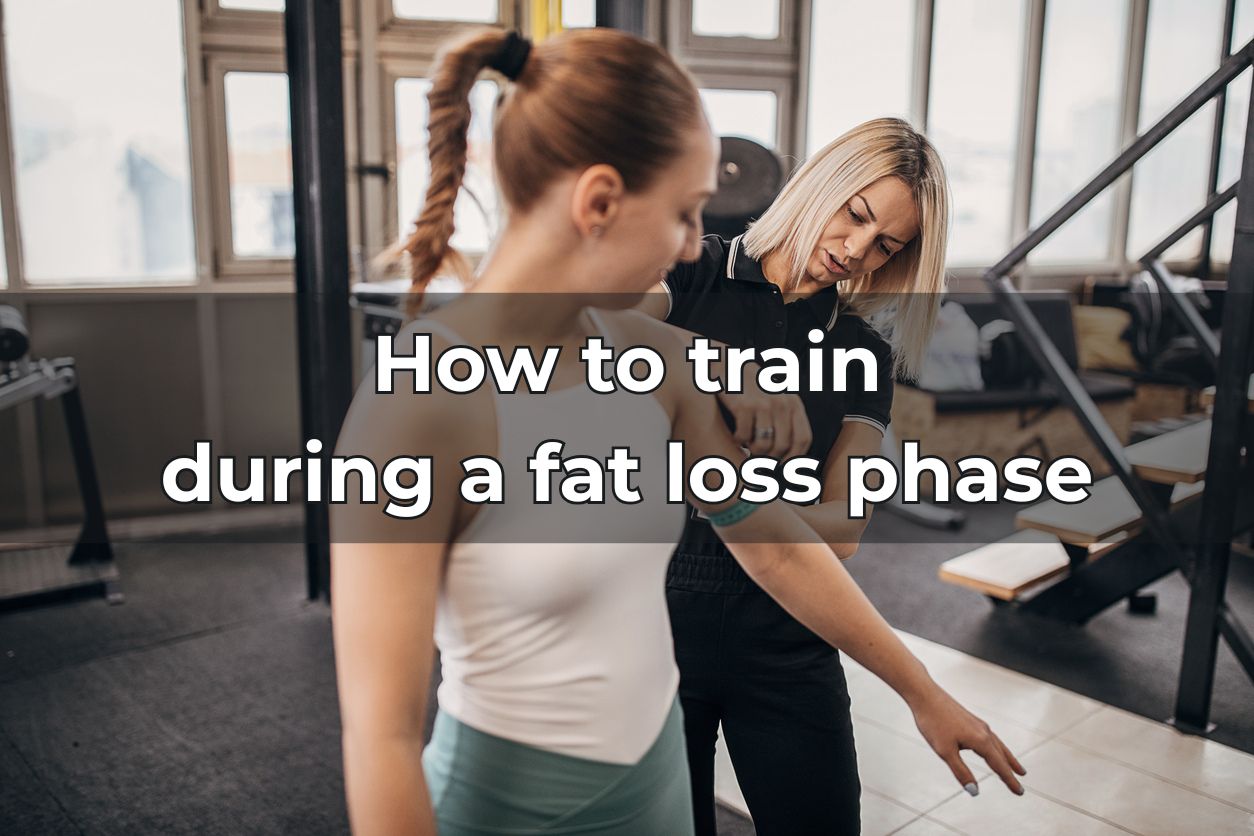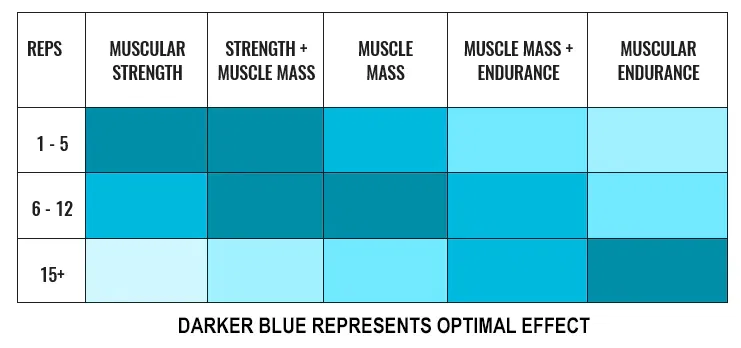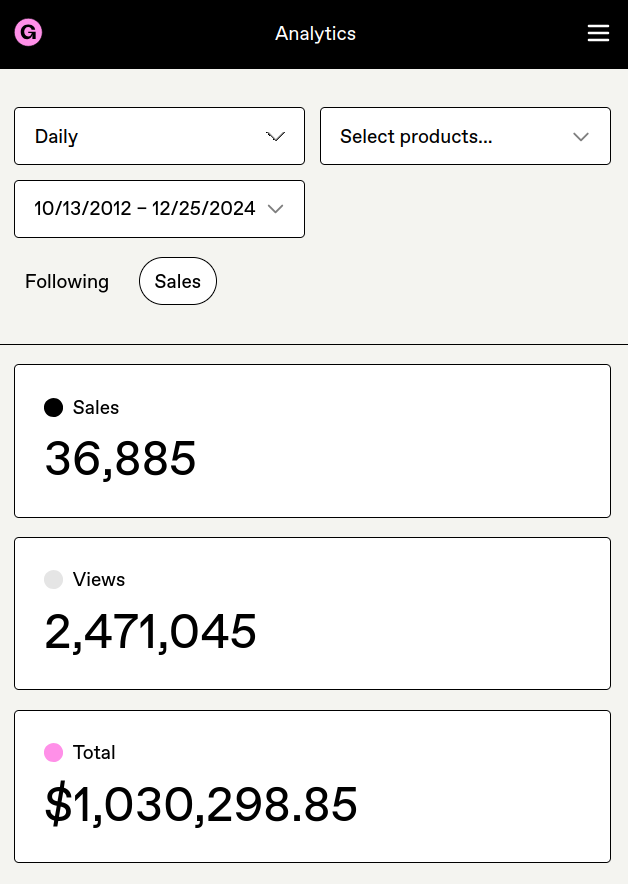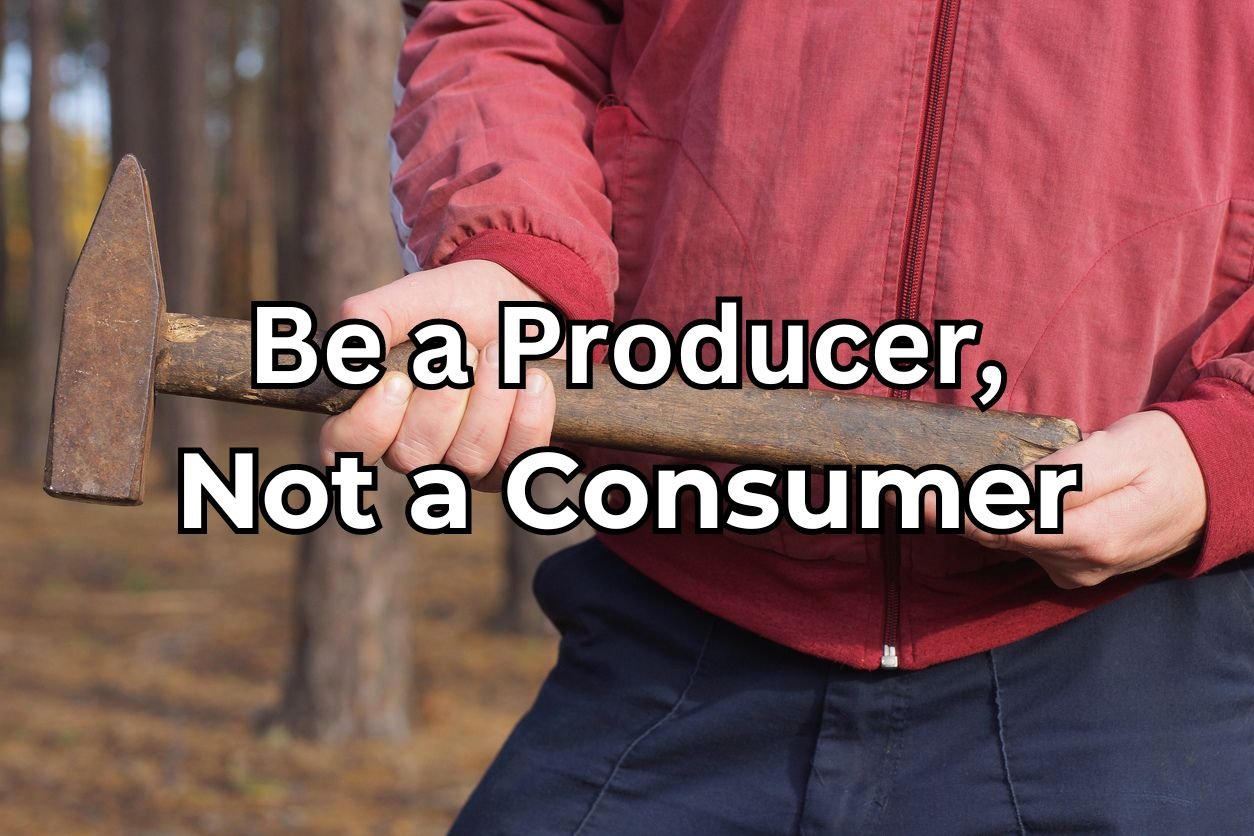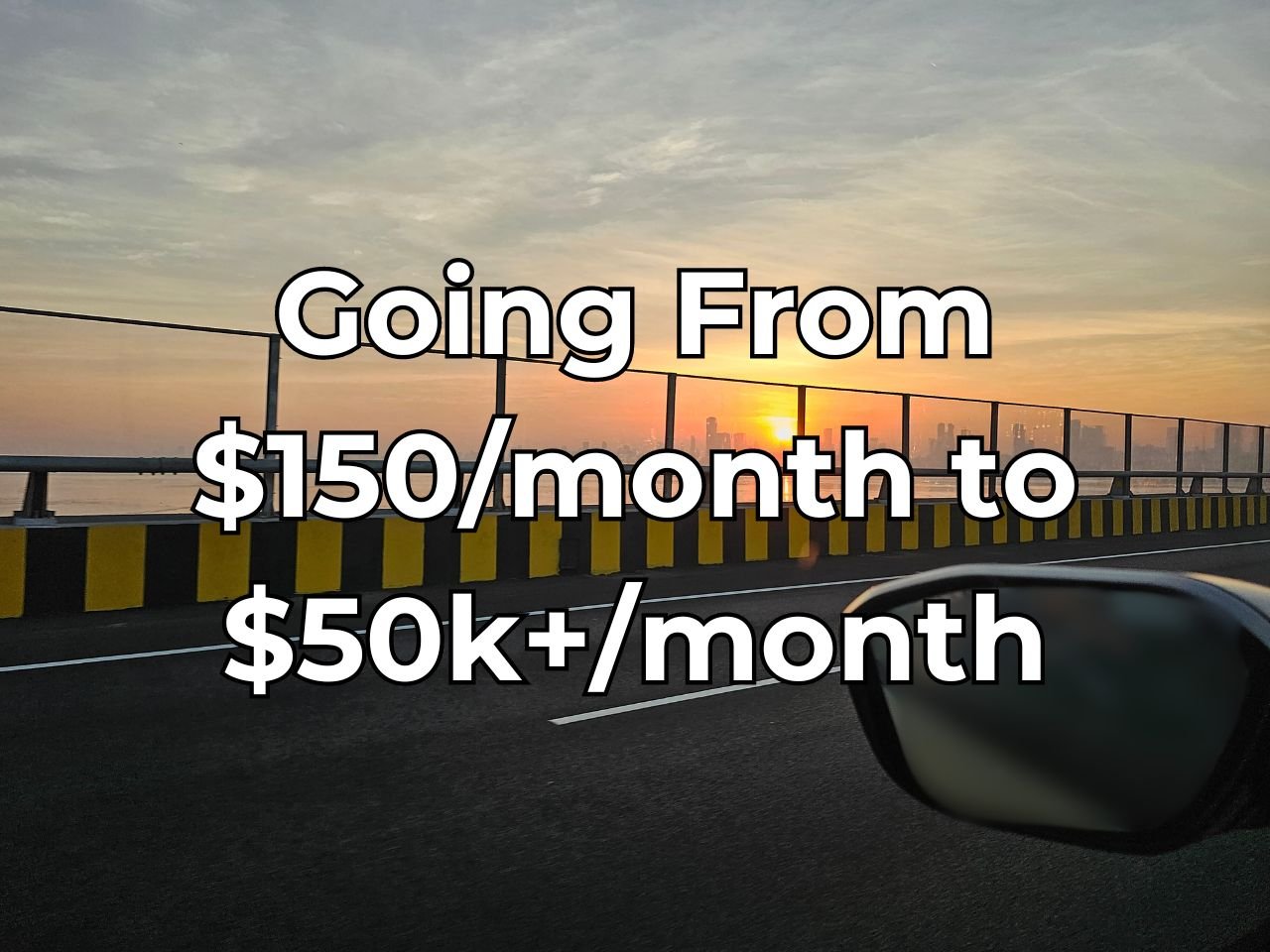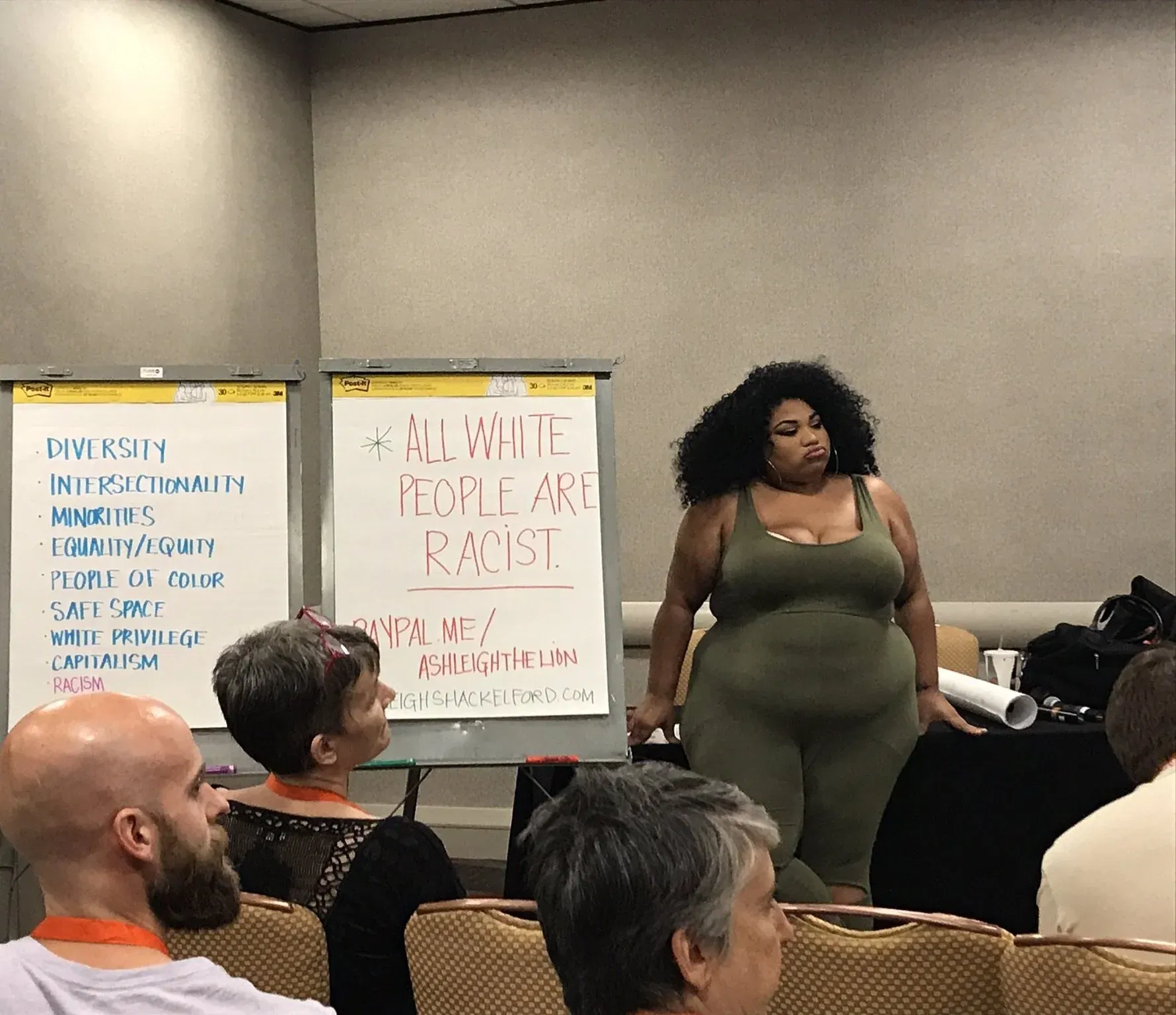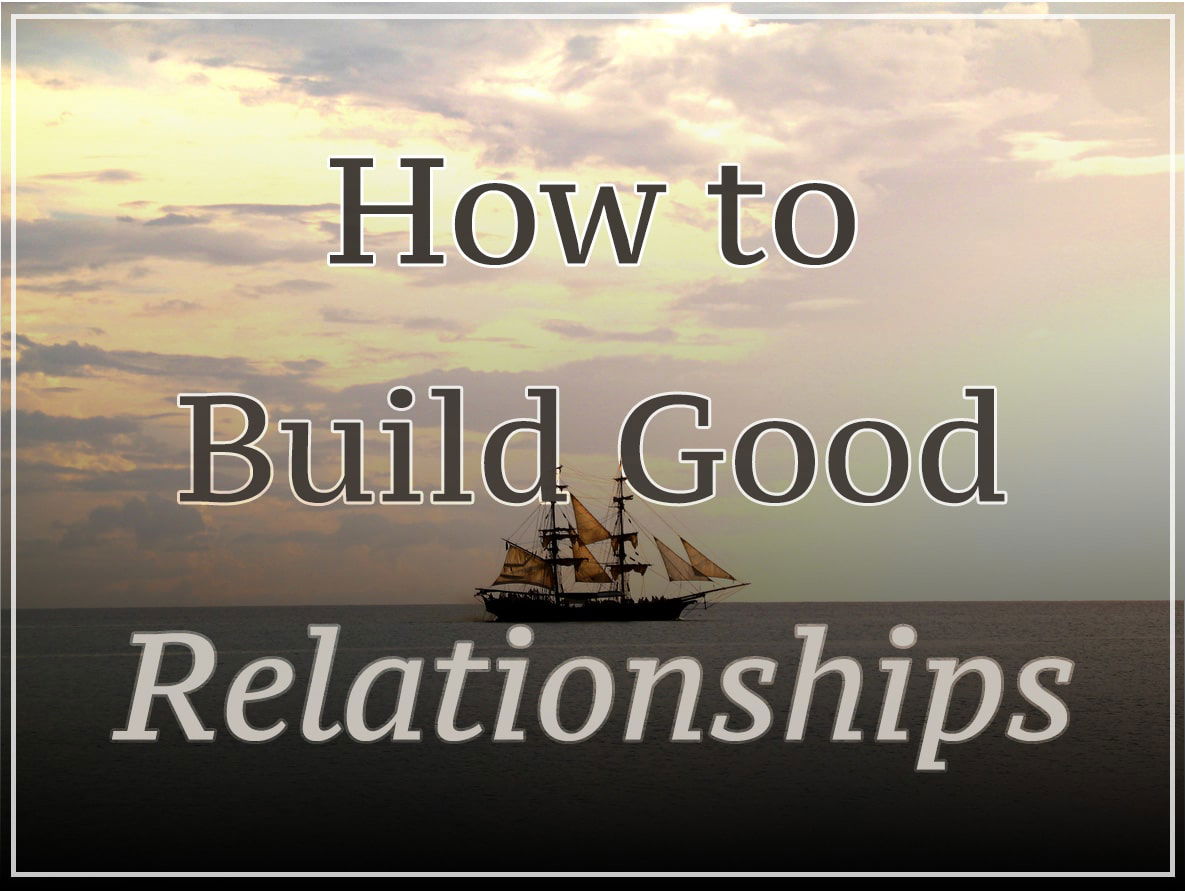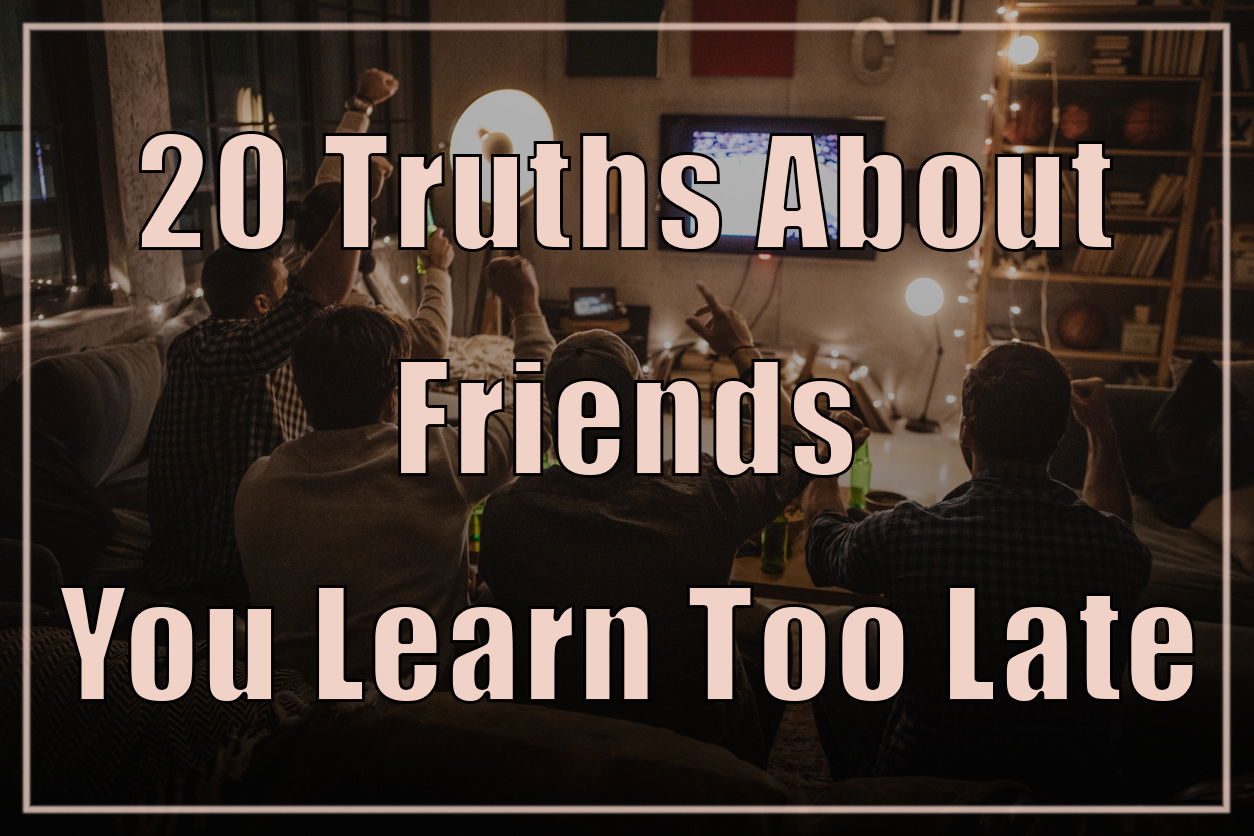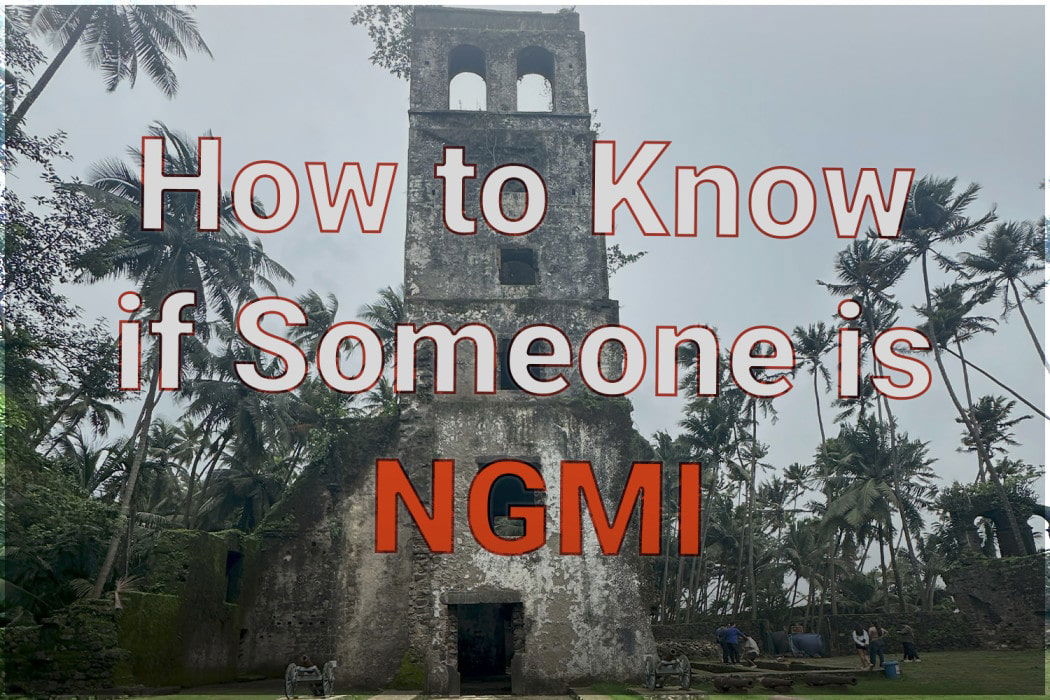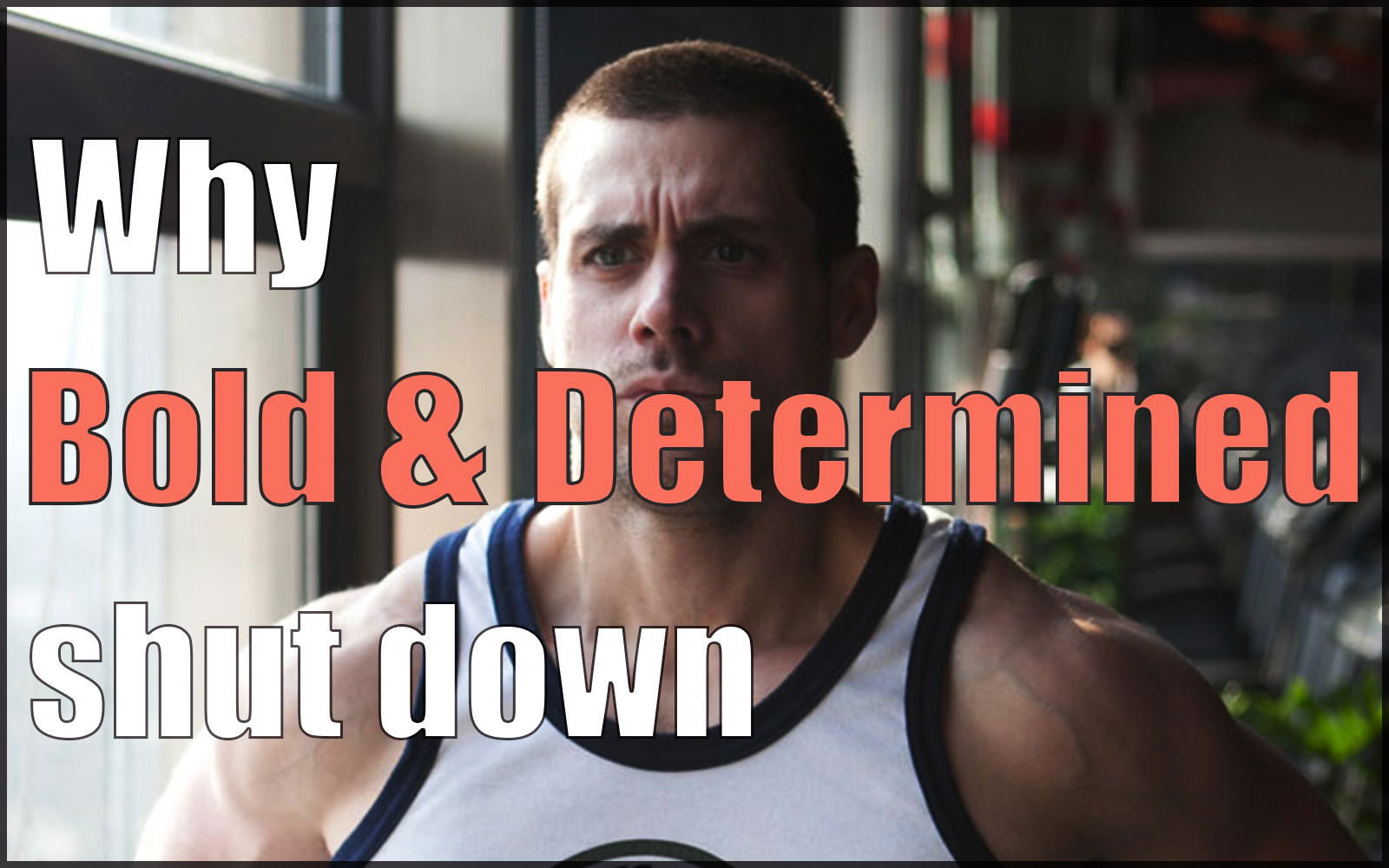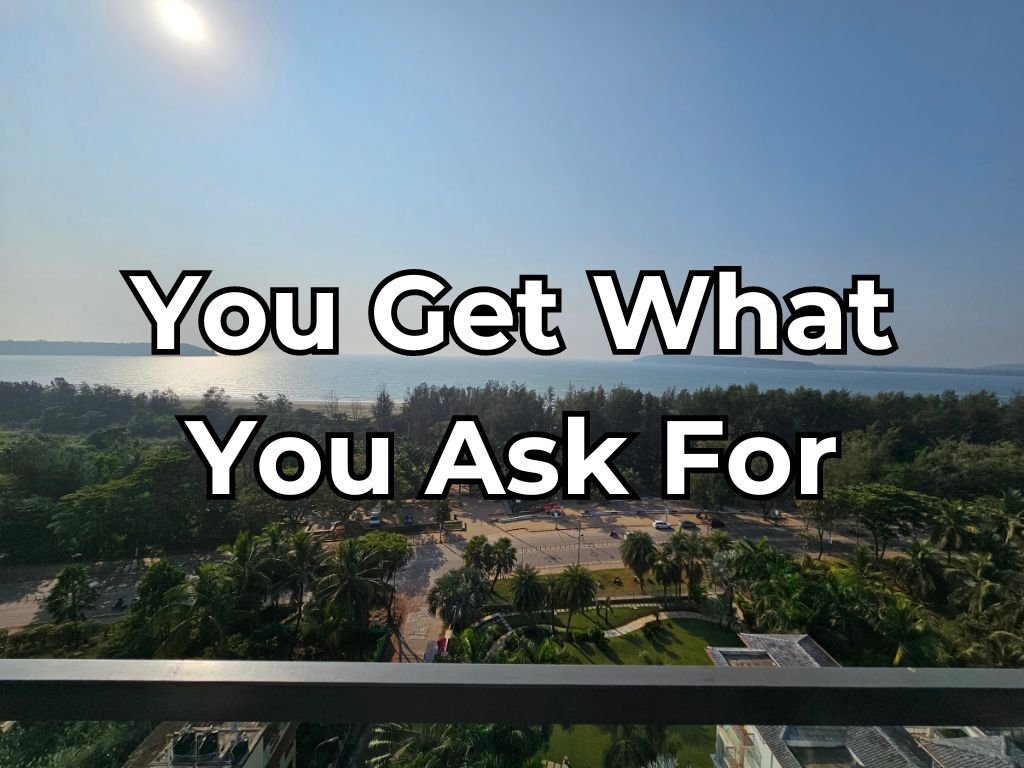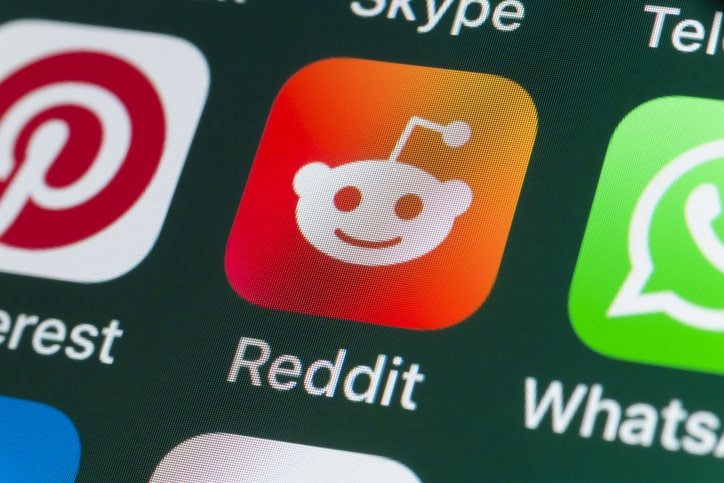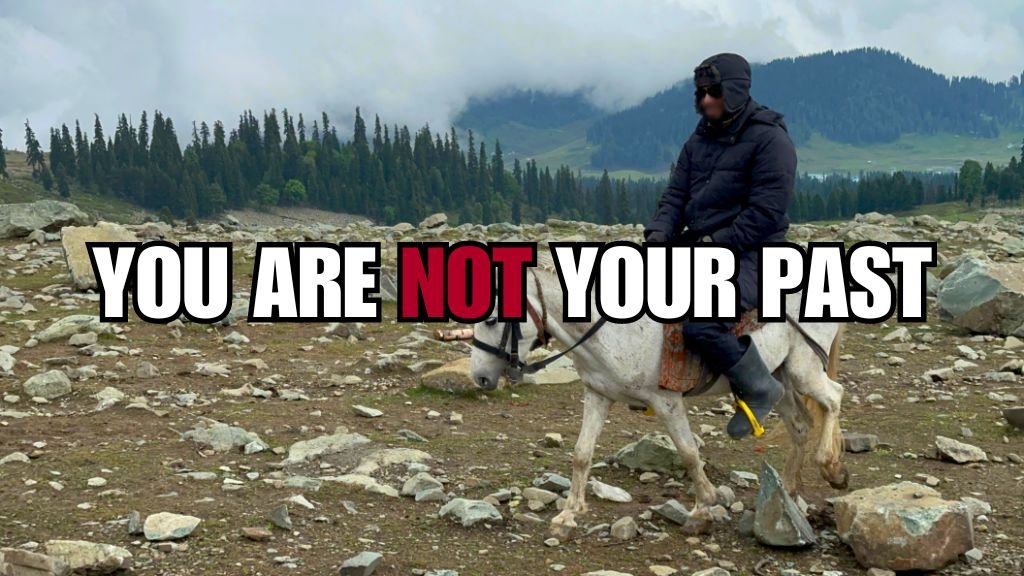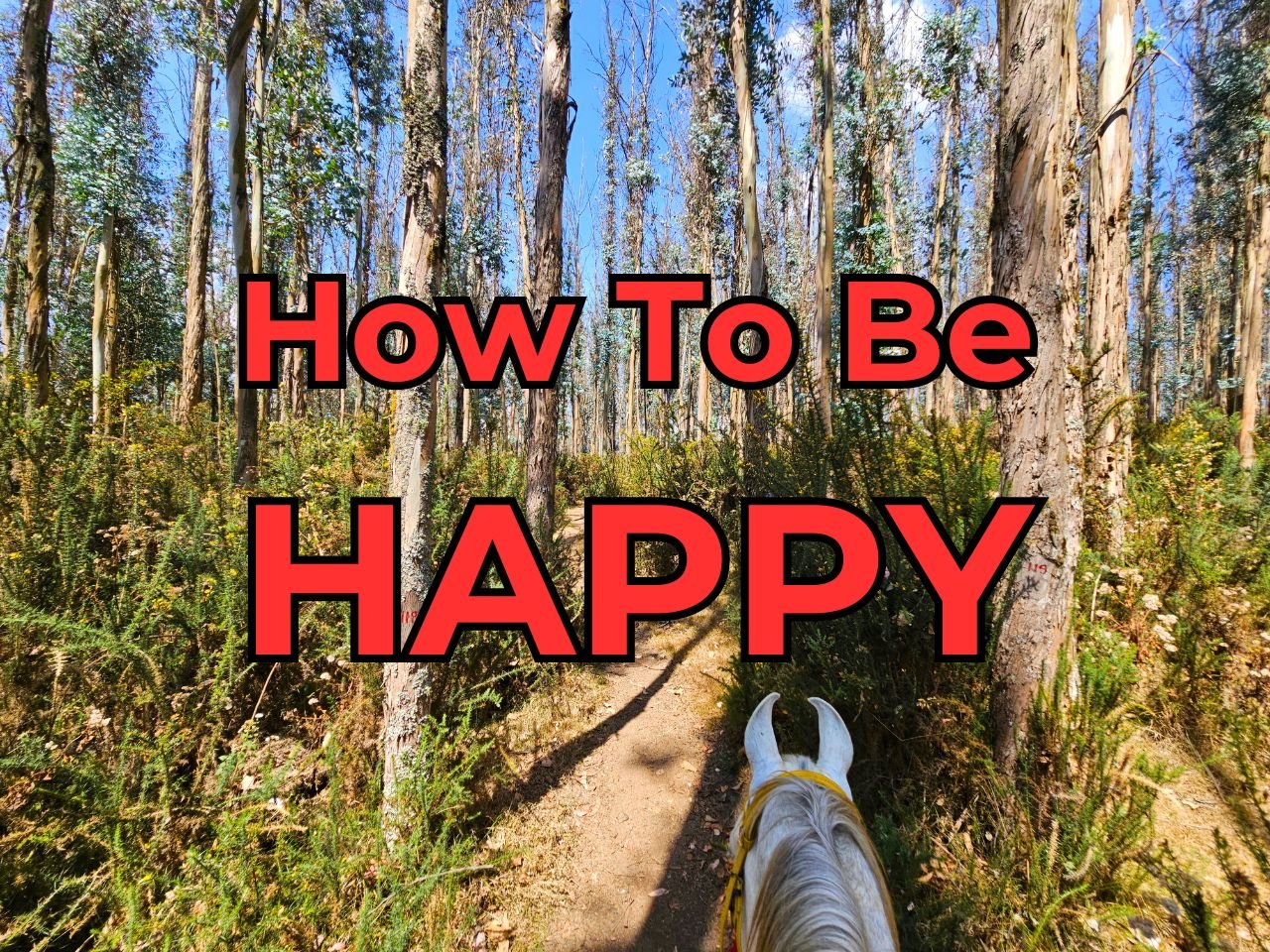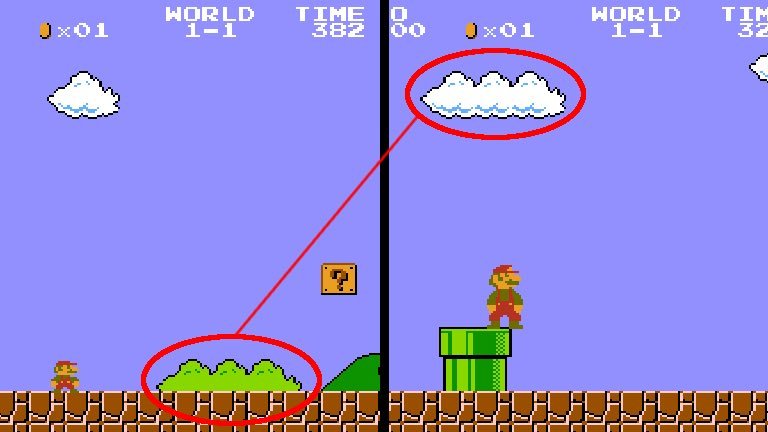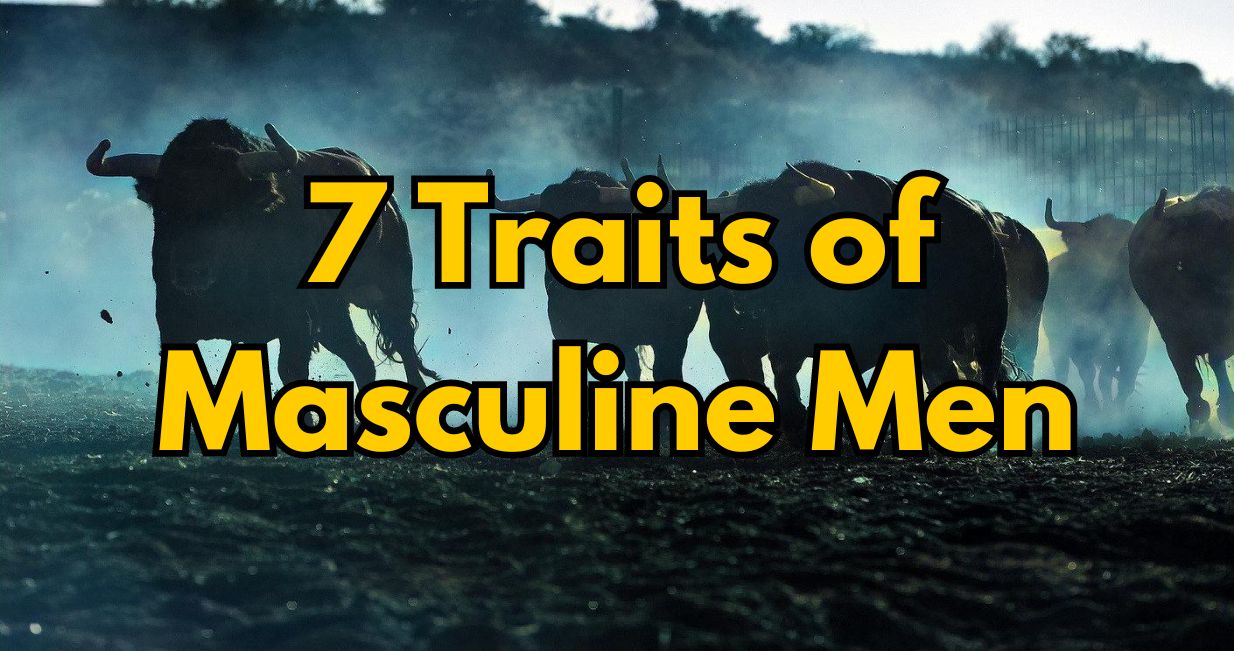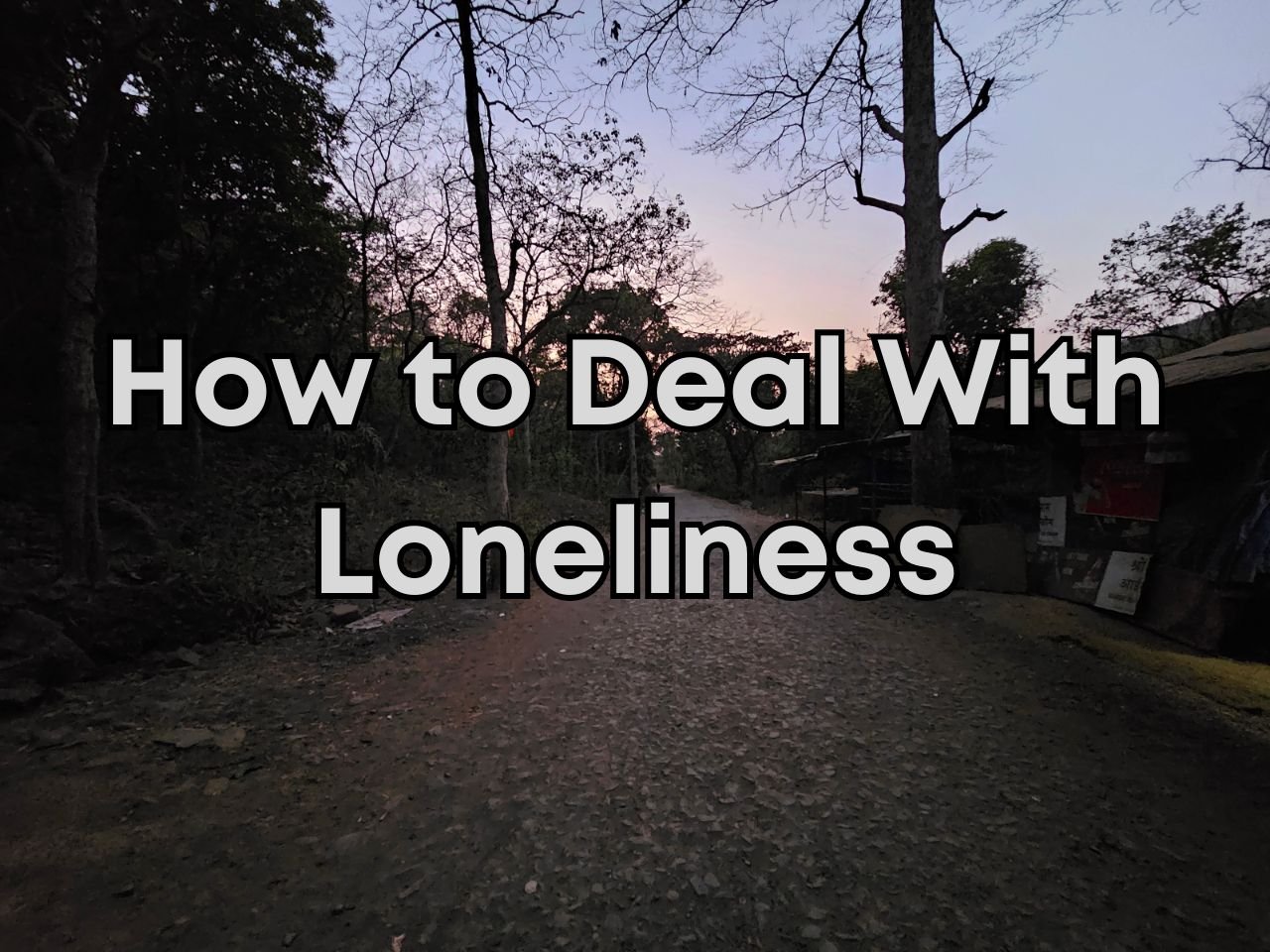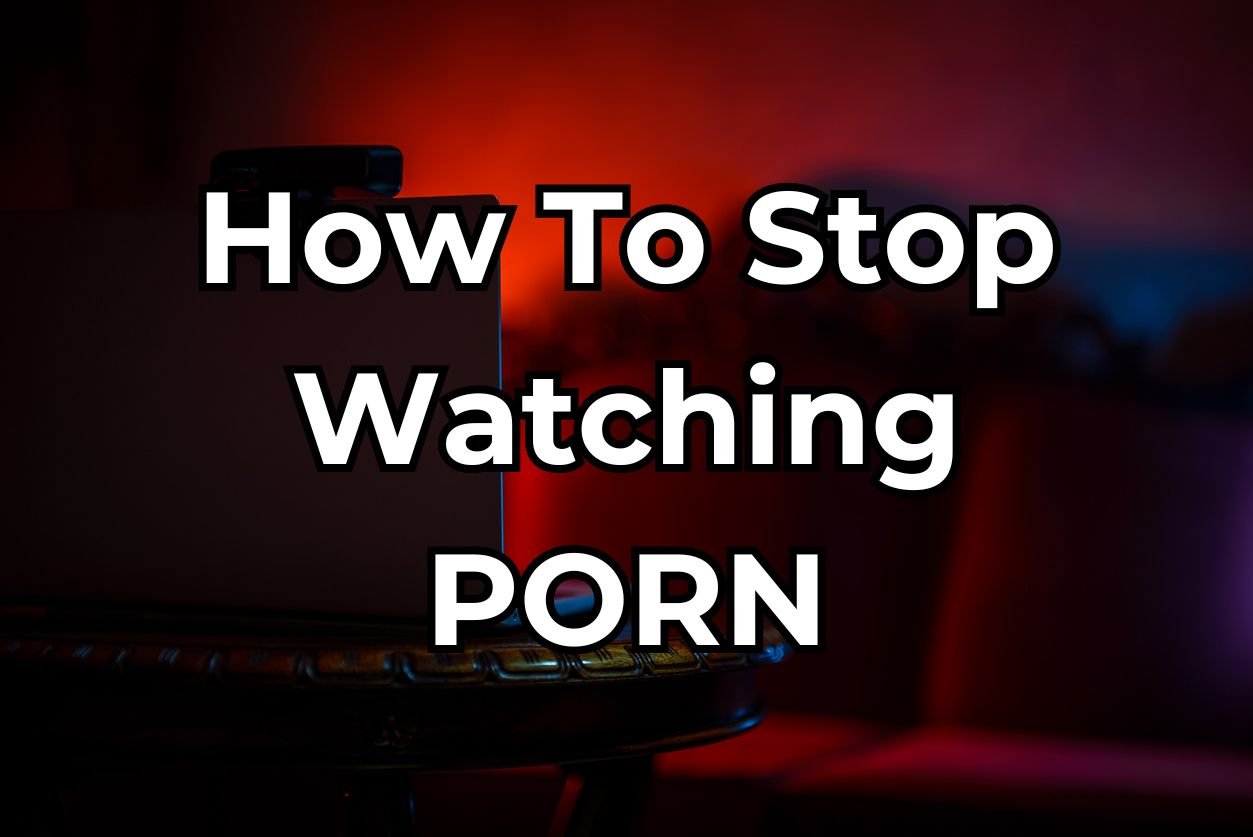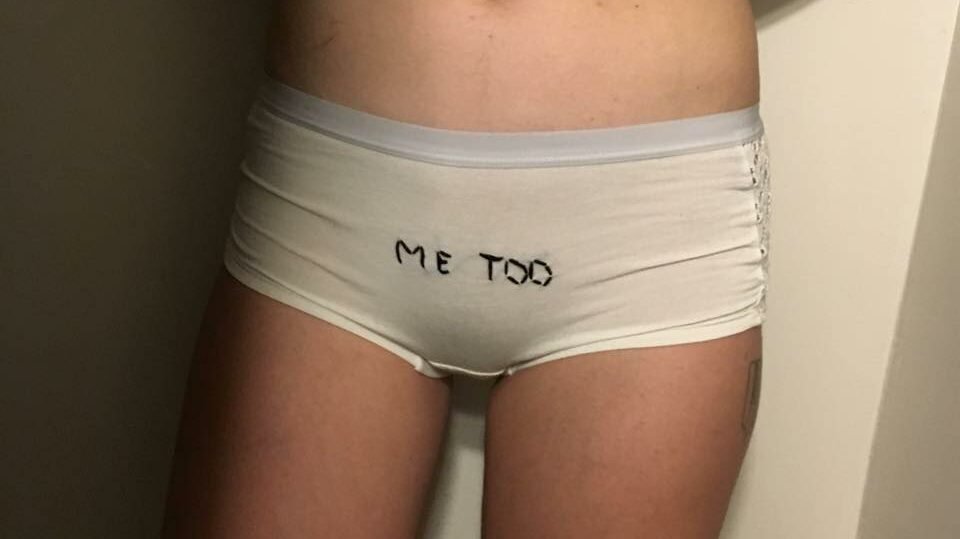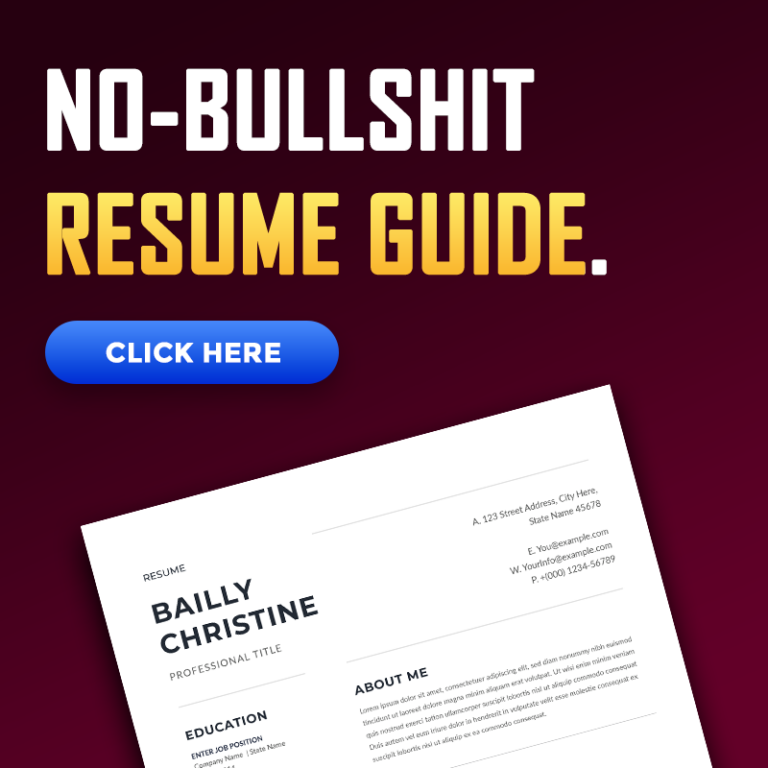Timestamps
0:00 Intro
0:48 Shreya Introduction
2:50 How did Shreya start on LinkedIn
4:25 How to go from a viral post to a content creation agency
8:05 The First Service offerings from Shreya
9:16 What to look for in a potential employee
13:15 What skills to pursue to earn online
17:25 How do you learn writing
22:55 How to reach clients and close them
26:25 What to look out for in a client
29:00 Always Charge in Advance
32:45 How to reject clients and find good clients
36:25 Where can people learn more about freelancing
37:45 Which site to start freelancing from
41:36 how to come up with the content
45:28 Shreya’s move to Dubai and her work experience
47:44 The complacency from having a constant stream of income
48:55 Advice for young Indian Entrepreneurs
52:58 Final words from Shreya
54:25 Outro
Resources Mentioned
Transcript
HARSH: Welcome everyone. Today we have with us a guest on our show. We have Shreya Pattar, who is a freelancer, a writer, and an agency owner. She started her business back in college four years ago and currently makes over $10,000 a month entirely online. In this podcast we’re going to talk about how she did it and how you can do the same thing too. Welcome, Shreya. How are you doing today?
SHREYA: I’m doing great Harsh. How are you?
HARSH: I’m doing well. So good to finally speak with you.
SHREYA: It is like same. It’s been a while since we spoke so I’m glad. This is a very public conversation but yeah, I hope it’ll be fun.
HARSH: So, for the people who don’t know you or people who might not be aware, give us a bit about your background. And yeah, we know you’re a freelancer but tell us more. How did you get here?
SHREYA: Yeah, sure. So hi, I’m Shreya Pattar. I’m a content creation agency owner. I started freelancing and that’s about like four years ago, and since I think the last two years I’ve also been sort of teaching freelancing online, mainly on Instagram but also a little bit here and there on LinkedIn and Twitter. I’ve written six e-books and apparently it’s something that I love doing so I keep writing e-books. And I think the reason I ended up starting freelancing was because my first post on LinkedIn went viral and because of that a lot of people messaged me saying like, you know we love the way you wrote that post, can you create something like that for us? And I just started writing content because of that. Generally though I have always been good at writing I guess. It’s always been my inclination towards it and I started writing at a fairly young age, so I had a lot of practice by that point and I’d done a few internships as well so I did have a little bit of like content experience. And I just started saying yes and I think that’s basically how it started. So just saying yes to things. I continued creating content on LinkedIn. Right now I have an audience of 125,000 on LinkedIn. And yeah, that’s basically what I do.
HARSH: I see. So you first made a post on LinkedIn and it randomly went viral and that’s how you built your success you could say?
SHREYA: Yeah.
HARSH: How did you land up on LinkedIn? Because for me I started with Twitter and I didn’t even think of LinkedIn, in my mind it didn’t even exist. So how come you started with such an obscure platform, LinkedIn?
SHREYA: So I created an account when I was doing my internships. I never used that account but I just updated all my work experience. I’d just joined college at the time, this was in 2018, and so everything was updated just in case I get some internship or something in university. And the first month in college the CEO of LinkedIn was there for an interview with one of these student societies that we have in universities, and after the interview I just went up and I spoke to him and the first LinkedIn post was actually about that conversation that I had with him. And I think a lot of people do think that there was some like secret hack or something he gave me. It wasn’t that, it was just like normal conversation I think, and I just put that up on LinkedIn. I think just because it made sense and he’s the CEO of LinkedIn and then if I’m meeting him I’ll just put that up on LinkedIn. So I don’t even know if I really thought anything about it. I just wrote something. It was like middle of the night, I was exhausted after this long day of college, I just wrote something and published it online. And the next day I’d realized that okay, this is really picking up, millions of people have already seen it. And that’s how it all started. So I think just LinkedIn, because the person I met of course was the CEO of LinkedIn, and I guess no other thought process really.
HARSH: So how did you take it from one viral post to a social media agency? Give us a quick breakdown of how it went. So did you start getting clients? Did you reach out to people? You know everyone has had a viral post every once in a while, especially people who make content, but how did you go from viral posts to being a success?
SHREYA: Okay. I think that was the very cliché word, right? Consistency. But it was literally just that. Because I instantly realized that on LinkedIn I can get clients without actually having to look for them as such. I could do this without having a degree. I could. I’d just started college like I said, so I was in my first year, first month of college, and I still made like $200 or $250 in that first month. So I was like okay, there is an opportunity. And over the next two years I was still busy with college and things like that but I kept freelancing as much as I could, creating content on LinkedIn every other day or so like three to four times a week, getting leads, inbound leads, converting them. That was the basic line.
And I think once the lockdown hit that’s when things really changed, because suddenly I was in my room all day. I didn’t come back home. I studied in Dublin, in Trinity College, Dublin, and I was abroad basically, right? So I was in my room all day for one and a half years, just by myself, and I just had so much time and I’m like okay, I need to make the most of this time, because first they said the lockdown would be like three weeks and I was like okay, this is a good opportunity to finally sleep in and binge Netflix and not really have to go to college and things like that. I did that for like a week or two and then I realized that this is not working out. So I started pitching more clients, created more content on LinkedIn once every single day, changed what kind of content I was creating as well, started charging a premium. And I think by the end- by the mid of my third year of college I had made enough money to be able to support my entire living expenses, my tuition fees, everything, in Ireland by myself. And that I think that was the main point of change for me when I realized okay, this is something I can do and it’s something I’m good at, because this was way, way, way above average considering I’m from India and what you can expect in terms of your career and in terms of career growth and salary, things like that. This was like way beyond.
So I picked up on that and after third year I realized I don’t want to do college anymore, it’s just no reason to continue. So I left college. I did end up getting a bachelor’s, not a bachelor’s honors, but I got a bachelor’s. I left college and then I transitioned to an agency where I have a few people who are working with me and we offer LinkedIn branding services, organic growth services, and basically also some sort of long-form content like article writing. And I think it was just a step-by-step process, right? Starting from making $250 a month and being like, okay this is great, to at some point hitting 10k a month and being like, now this is like life-changing money or whatever you want to call it. And then deciding that nothing else is worth giving this up right now, let’s just do more of this; so then transitioning completely into content creation and writing and lead generation and agency work. So yeah, that’s it.
HARSH: Interesting.
SHREYA: Yeah.
HARSH: So what was the first service you were offering? So when people were reaching out to you what were they reaching out to you for?
SHREYA: It was writing, and I think it was all kinds of writing. I mean I’ve written content for brochures, for websites, for social media of course. I’ve also written content for YouTube, video scripts, ad scripts, things like that. So I just kept saying yes to as many things as possible. For almost a year or over a year I just took on anything that would pay me the amount that I was comfortable with and that seemed like a good client to work with. And now mainly it’s LinkedIn branding, so LinkedIn organic branding, and article writing. That’s what I’ve narrowed it down to at this point.
HARSH: Hmm. It’s interesting you mention that you kept saying yes. It reminds me of this quote from Russell Brunson, I think, which is something like “If someone gives you a great opportunity that you don’t know how to actually do, say yes and then figure out how to do it later”.
SHREYA: Yes, that’s true. It works.
HARSH: It works. So tell me how did you actually get a team, because when you say an agency I assume that you have a team, right? And what do you look for in an employee? Because most people I know who are in the social media business they hesitate for months before hiring someone. They keep thinking – and this happened to me too – but once you actually hire someone you realize that you can delegate so many tasks it frees up so much of your time and you can scale so much more. And since you run an agency I bet you know more about this than I do, so tell me more.
SHREYA: So I think the hesitation even I had it. I had to start hiring people at least a year before I ended up doing it. So yes I had a lot of hesitation, in terms of finding good people, trustworthy people, things like that. But then I just started with hiring one person; and by hiring I mean I don’t have any full-time employees. I have people on either a monthly retainer basis or I have people who work on project basis. So I have these group of go-to people and I’ll just ping them when something comes up. So it works on both fronts. Mostly everyone is on that side of things, like as a freelancer you could say.
In terms of hiring, I think first is a sample project. I always give them something to create for me that will be used by the client so it’s not like a mock content. It’s something that will be used so we can also get live feedback and I also understand that okay, for this client is this the right person to work with or not. Then another thing that the sample project helps me do is it literally has me see that entire process of working. So how good are they with feedback, with applying that feedback, with communication, with updates, with deadlines, how well are they able to manage things, how do they keep me on track with what they’re doing. And I think just that one sample is enough to just get a starting idea. If things don’t work out I will obviously say okay look, it’s not working out, let’s not like, you know let’s not work together anymore right now. And I think that’s okay. So that is the flexibility you get with having a freelancer as opposed to having a full-time employee. And I think anyone who’s a new agency owner or just new with working with people, I think this is a great model to have.
Another thing that in the last couple of months I’ve been leaning more towards is this whole solopreneurship thing. So I am going back to this whole freelancing thing but not in the same capacity. I’m looking for better clients, I’m looking for a different kind of service that I would like to start offering, and I’m just seeing in what capacity could I do it as a solopreneur. Because I’ve been seeing people like Justin Welsh who are doing really well as a one-man army, plus a VA or a personal assistant or whatever they call it. And I think that’s a great model. Because managing people is hard, working with people on the team is hard. So yeah, just exploring if I can do this whole solopreneurship thing now.
HARSH: Hmm. If I may offer some of my own insight here. I kind of got my hands burnt a few times before I learned this, but I’ve always found it better to hire employees who are self-motivated and kind of entrepreneurs themselves, like they do their own research and put in the work rather than you having to watch them all the time. Has this been your experience too?
SHREYA: Yeah. I mean you need someone you don’t have to micromanage because otherwise you’re just putting in more time managing them, and I think I’ve reached that point with many people where I’m like you know what, just leave it, I’ll do it myself. And that’s the kind of people you know that okay, you should not hire these kinds of people again. So yeah, I think- I’ve had that kind of experience as well. It’s a common thing.
HARSH: So changing gears for a minute, tell us what skills you would recommend for someone who wants to get into freelancing. Let’s say someone is a rank novice. They’re just out of college or maybe they’re like me who didn’t go to college, and they’re like okay, I want to start freelancing, I want some of this online income thing. I am an Indian guy, I make $2 a month or whatever, you know – $200 a month, $2 is too low. Not to really mock my people. But they want some of that online money thing coming, especially the USD. So what are their options? What skills should they pursue?
SHREYA: I think there are so many options in terms of online businesses. So anything you think in terms of social media, in terms of digital content, online content – all of that works. So it could be video editing, graphic designing, copywriting, content writing, things like that. It could also be anything that the core idea is that whatever skill you have to offer people would pay for it if it helps them make more money. So another thing in the same angle would be if you help people with maybe running ads or doing some sort of outreach, sales and marketing. Things like that they work as well. I would say you can first at a personal level, of course you know what you’re inclined more towards when it comes to certain skill sets that you could offer online rather than actually having to be there in person. Explore those.
And if you cannot think of anything I always say just learn writing, because writing works for anything and everything. You want to do ads, you want to do social media content, you want to do cold outreach, you want to do presentations or anything related to public speaking, writing will help with every single thing that you have in mind. So you can learn writing. And I would say in fact learn writing regardless. But in terms of copywriting or very specific content writing, you can go in for that if you have no idea what to do. Also, teaching works very well. So if you are an expert in a particular topic like, let’s say, right now what’s trending especially is blockchain and crypto, people really want to understand it but there’s very few teachers who can do a good job. So even if you start teaching that online in a personal capacity or through content creation and then move towards let’s say mentorship or coaching programs or small cohorts and things like that, then that’s also a way to monetize an audience. So yeah, in terms of skill that would be your core skill that you do need as a freelancer.
Other than that you do need communication skills, English – work on it. I think for Indian freelancers English becomes a barrier and I’ve had a lot of people, surprisingly, bash me for saying that – oh you know, like you’re promoting English. But it is what works. You need to know English, it’s a global language, and that’s what will help you close international clients as well. So work on English, writing, reading, speaking, also comprehension; like are you able to really understand what the person is saying, that’s important. And I would say apart from the core skill and communication you also finally need a lot of patience. A lot of patience and a lot of commitment, because it’s not an overnight thing and it’s not a consistent thing. You could have some months where you’re making like 10k a month, some months where you’re making 5k, 8k, 15k, and then you come back to 8k. So it will be a bit up and down, especially in the initial year or two. So you just have to kind of see yourself through it, just put these on and just like see yourself through it. So yeah, a lot of commitment and patience.
HARSH: I see. You mentioned crypto earlier, so I’d like to give a self-plug you could say.
SHREYA: Yes.
HARSH: For people who want to learn crypto the best site is teachyourselfcrypto.com. That is created by me and a friend of mine and this is the best course on crypto out there. But moving back to what you said, you said that the simplest thing you can learn is how to write. And I would like to ask you how to do that because most people I could tell them you know, learn writing. But people, everyone thinks they know how to write, people don’t really know they don’t know how to write. So what resources would you recommend them to learn writing? And do they actually need to read books and learn it or can they just do it? Because me for example, I never learned how to write. I failed English a couple of times in school, and I just started writing as a hobby and here we are. So give us your take and if possible if you could recommend some books or courses that would be great.
SHREYA: I think writing is definitely one of those practice-and-learn and practice-and-improve skills. Reading about it is okay but you actually have to put it into work, put work into it; and you have to do it every single day to improve. So like I said, writing is something I’ve been doing since a very young age because I’ve just seen my parents reading a lot of books and I’ve seen them – my dad also he loves to write -so I think I’ve just seen that happening in the house and it’s just come up. So I’ve never really focused too much on a specific book or something like that. But I would say that my writing has changed a lot from what it was at this time two years ago versus now and then again of course what it was like seven, eight years ago versus now. So that’s all because I’ve been writing every single day since I was very young. So I think that makes a lot of difference to practice, but especially in terms of a specific type of writing right now because we are talking about something that could be potentially monetized.
I would say in terms of copywriting if you want to do for example, sales pages or you want to do newsletters, if you have a very specific type of writing that you would like to learn, then the free way to learn this kind of writing is to actually pick up the best content that you find that is related to it. Pick up your favorite landing page, pick up some creators that have really good newsletters, and literally study their work, see what order they have written everything in, why they’ve said it a certain way, how they’ve linked their product, how they’ve linked some other article maybe, how they’ve structured it. All of that, like study it. So it’s called a swipe file when you do it for Twitter; you collect all the best tweets and it’s called a swipe file. So you basically do that, but for any specific kind of content that you want to work.
And then you also recreate it. So you can literally handwrite it. I think that’s one of the techniques that I’ve recommended to someone else, and it did work. Again, I’ve always sort of been into this so I’ve never focused on specific techniques, but I recommended this to someone where you just handwrite some of the best things that you see online. And that works because then you’re just so conscious about every single word and every single sentence that you’re putting down on paper. And if you are looking for paid resources then one of the creators that I think has a very good copywriting course – although I have not taken it, I know people who have taken it – it’s by Tej Dosa and he has a very good copywriting crash course, and a full cohort thing as well I think. So you can check that out. Also if you like copywriting a lot, or I think even for content generally, I think everybody should probably read this book. It’s called Ca$hvertising by Drew Eric Whitman and it’s a really good book because it gives you insight into how persuasion and how sales works through words. So I think that’s a great book. And another book I really like is On Writing. It’s by Stephen King and he explains his entire writing and editing process, and it’s done very well because the book is basically in the form of his own stories. So I think, yeah, that book makes for a good read as well. So yeah, these three resources.
HARSH: I see. That’s another point too, the Tej Doja course. I have a friend who’s taken it too and they like it a lot. But I’ve never heard someone say anything bad about that course so I think I might take it at some point.
SHREYA: Yeah. I think he’s a great guy. I follow him on Twitter. He was the first newsletter I ever subscribed to and he was the first person from whom I learned what copywriting is, and this was like five, six, seven years ago probably. So until then I literally thought copywriting means you copy what’s written. For first time when somebody said you should try copywriting I’m like, why is that even a thing? But then I Googled and then he was the first person who came up as a six-figure copywriter. I’m like, wow, that’s interesting, and then I subscribed to his newsletter. So yeah, it’s him. It’s his free content, by the way, that I’ve learned a lot of copywriting from.
HARSH: For the uninitiated, by the way, the word copywriting means selling through words, so it’s writing sales pages and everything; for example, sending out a newsletter and having a Buy Now link at the bottom, so how do you convince people to click that Buy Now link and give you their money. So that’s what copywriting is about. Because I’m going to bet there are going to be some listeners who don’t know what it is, and for all this while they were thinking it has something to do with the law, like copywriting a book or something.
So let me change gears once again, and I think this is going to be a podcast which is all over the place. But how do you get clients? In the sense, what is the process like? Say you DM them on LinkedIn? Do you do a call with them? And what are the best tips or things you’ve learned that helps people close a client?
SHREYA: So for me, you know I’ve been creating content on LinkedIn for almost four years, so it still works for me in terms of inbound lead generation. I use that. I use that for services. I’ve also started doing outreach on LinkedIn again from my own LinkedIn account, which is very professional, properly setup, has a lot of like social proof on it. I think that definitely helps in me getting better responses. And one of the important things about doing outreach on LinkedIn I would say is to use that connection request, personalized note feature. So basically, when unlike on Twitter when you just have to click follow, LinkedIn also has a connect option; so when you connect you basically get the opportunity to also be able to DM that person. So you both get connected and then you can both DM each other, which you cannot do otherwise if you’re not connected unless you have one of those premium LinkedIn plans. So if you’re on a free plan make sure the connection request that you send is personalized. And if you plan to pitch to that person, if it’s not just a connection, if it’s not for networking, but it’s for pitching, I would say use that connection space to pitch. Just give a personalized line, give a one-liner case study, whatever your best case study is, and then just ask them let’s connect and chat or let’s connect and you know.
I think that particular space is very good for practicing outreach because there’s a character limit of 300 so you have to say whatever you want to say in 300 characters, which helps a lot of people who send like such long, cold emails. I think that will help you really boil it down and force you to create a very concise, cold DM. So it’s a good way of practicing that as well. And in terms of the process then what I do is, if it’s inbound I send them, I ask them a couple of qualifying questions. I just do it on the chat itself. If they’re qualified then I will book a sales call with them; and I will either try to close them on the call itself like okay, get a response and just decide on the call whether we work together or not. Or in some cases, people do prefer getting more information or getting specific case studies or getting specific samples and then I just send that after the call. Then we probably either have another call or they confirm over email and then we just start working together. But if I’m doing cold outreach then I don’t do that qualification thing because of course it’s annoying if I reach out to you, you first of all agree to connect with me and to probably discuss this opportunity with me but instead I’m just like hold on, wait, first let me see if you’re worth that time. And I think any qualification you do instead should be just done before you do the cold outreach. So you’ve done cold DM, if anyone accepts your request I would say just get on a call with them, book a call, see where that goes. And I don’t do separate discovery and sales calls. I just do one, as one sales call, and that’s it. So I don’t do it like a two or three-step process. It’s one call.
HARSH: I see. Now that you mention filtering it kind of reminds me of my own consulting days. But let me ask you, what do you look for in a client? What is something that a client can do that will make you say, no I will not, I’m not going to work with you, this is not going to happen.
SHREYA: Well so many things. I think in most cases it comes down to the budget, that financial aspect becomes one of the biggest blocks. Another thing would be expectations, like maybe you are agreeing for the fee but you have bigger expectations in terms of the scope of work or in most cases in terms of the result. So you are not willing to be patient with the process; especially when I say I do organic branding and I help you make sales through organic LinkedIn branding, it’s not an overnight thing. It’s going to take about three to six months minimum to start seeing good results. And my clients do see results, but the only thing is if you’re not willing to be patient and you’re not willing to try and test and experiment in those three to six months then we are not able to work together properly. So I think that does become a bit of a block. So I always like if they are like okay, within the first month we want this, I cannot guarantee that and I cannot say that okay, this is happening. So patience becomes another thing. And finally, just their time. Like, are you able to – I don’t expect a lot from my clients in terms of time, I only expect a couple of hours a month probably, for content review kind of things. So I will always ask them, and if they say that they don’t have time for this then it becomes again a block because either the work drags on from one month to two, two and a half months and then you’re just stuck in the same process. You’re not moving forward in terms of results, in terms of your invoices, everything just gets stuck. So I think these three things mainly become deciding factors. But yeah, I think that that’s pretty much it.
HARSH: Do you have any specific tips for people who are in freelancing that you might have learned from your own experience? And just to give you an example of the kind of stuff I mean. For example back in consulting, and this was in the offline days not online, but if a client wanted a massive discount or if this felt stingy I noticed that they were really problematic clients, like they would give like 1% of your revenue and take like 20% of your time and never happy. And I would typically reject people who wanted like a big discount or things like that. So have you noticed some things like that in your own, what you call it, experience? And what advice do you have in specific, in the sense that I know that you’re a big proponent of charging in advance, so tell us more about that as well.
SHREYA: Yeah. So that’s one of the payment terms that I’m trying to spread out as this entire movement for the Indian freelancers because it is not a common thing. So charging in advance is basically a concept where you get paid for the work before you start the work. And this is very common in US and UK. That’s how freelancers work. And they either do a 50% advance payment and then you pay 50% once the project is complete, or in my case I charge 100% for every month so on a monthly basis you pay me 100% in advance. And the reason this is so important is because, especially in India with Indian freelancers, a big hurdle is getting paid and getting paid fairly, but also getting paid on time. And so many times, even if they’ve done this work that’s highly negotiated that probably like 20% of what they really want to get paid, even if they accept that they just don’t end up getting paid at the end of the day because, well, once you’ve given the work anyone can just run away with it, right? So I say charge in advance. This is something that I think all freelancers should do irrespective of what kind of freelancing they’re doing. And you also get more peace of mind because I think there’s a certain commitment and accountability that comes from both ends when the payment is made in advance; because then you know you’ve already received the money so you have to do a good job so that you don’t put yourself in that weird position where you’re like, I’m not happy with what I’ve done, like should I refund. You don’t want to be in that position at all. So you do better work. And then from the second side of things also for the client it’s better because they’ve also committed and they will also be accountable towards, okay, whatever you have, whatever you expect from them, because they’ve paid in advance as well. So that does matter.
Other than that, like you said, if somebody negotiates way too much that’s not somebody you want to work with. Somebody who keeps asking for extra free work is not somebody you want to work with. Somebody who keeps using words like, oh it’s just like just another 100 words, or it’s only going to take you like, you know, five minutes or whatever. When they keep using these words that sort of – I think their idea in their head is they’re trying to say, look, you’re so good at what you do that it’s only going to take you like only so much time. But the thing is when they say that, it’s actually pushing for the idea that I don’t value your time, I don’t value your expertise, and in fact I’m not saying that I’ll pay you more because you’re going to do the work quick but I’m saying that because you’re going to do the work quick I shouldn’t have to pay you at all for this. And this is one of the things you just realize when you start working with people, when there are certain words they use where you instantly know that okay, this not somebody you want to work with. So I think “only” and “just”, those are a few of such words. So yeah, I think those are a few things in terms of I think pricing does become an overarching idea for this and just anybody who’s pushing that limits, right? Anybody who is calling you at all hours, expecting you to do more work in less time, changing the deadlines frequently, changing the expectations frequently, asking you to give more edits than are in the contract. All of these things. Anybody who’s not respectful of your boundaries, also somebody you should walk away from. That’s like red flags, too many red flags.
HARSH: So how do you get yourself at a point where you’re like, okay, I can actually reject clients? Because most people are not in the position to do so.
SHREYA: And that’s a good question. I always say that at certain points you do have to work with – you have to kind of take any opportunity that comes your way, depends on what position you are in at that moment. If you’re absolutely broke and you feel like okay, if I get $50 right now for like even 20 hours of work but that makes sense to me, you might want to consider it. Is it going to be painful, yes. But do you need the money, yes. But the idea with whatever I put forth online and all the content I create online is that I don’t want you to ever be in that position. So I think one of the things about getting paid better is to first of all reach out to better clients and I think that’s where especially new freelancers are going wrong, that they’re reaching out to people who are, in the bluntest word possible, who are broke. So a lot of freelancers I see are actually doing freelancing for students. Like why are you writing SOPs for students, why are you doing academic writing for students? Students cannot pay. Even if it means getting into their dream university they will not pay more than 10,000 rupees which is like what, I don’t know, $120 or something, for an SOP, which will still take you about five, six hours if you’re good at it, probably ten if you’re like okay at it.
So I think first of all your target audience has to change. If you are going after students, youngsters, people who are like résumé creation for people who are looking for a job, that’s a broke market. Do not approach that. The second thing is also to look into the international market. I think a lot of Indian freelancers again struggle with wanting to be first capable and then wanting to achieve some level of I think, what do you say confidence or some level of feeling like okay, now I am worthy of reaching out to international clients, but I don’t think there’s a difference. I had written about this one saying if you don’t think you are like “worthy” of reaching out to international clients then it means that you shouldn’t have clients at all. Because even if you’re working with an Indian client who’s paying you well of course you should do good work. It doesn’t mean that just because the client is Indian you can get away with anything, and just because the client is international, oh my God I have to really think about the quality of work. That’s not how it works. A client is a client, no matter where they are based. They are paying. Once you’ve accepted the work and once you have agreed for whatever price, but you have agreed to do the work, and of course if they’re not causing you pain while working that is a different thing. But once you have given your commitment your job is to do your best job possible, and if you don’t think you can do a good job for an international client then I think you have to change your mindset because a client is a client. That’s it. That’s the bottom line.
So if you feel like you’re not there yet to pitch internationally, improve your skill set, build your portfolio, create a mock portfolio, and then start reaching out to people. And initially work for free if you have to, because when you work for free for two or three good people, people that you know that working for free will actually give you good testimonials, give you a good learning opportunity, work for free for these kinds of people. And then use their case studies and their reviews and testimonials and feedback to pitch to people that you can get paid by. So don’t be afraid to work for free as well I would say, especially in that first month of freelancing. Be open to it.
HARSH: I’m going to change gears once more, and before I do so I would like to ask you, do you have any recommendations on where someone who’s a beginner can learn more about freelancing? Do you have an e-book or something like that?
SHREYA: Yes, I do have an e-book. It’s called Freelancing Freedom and it covers everything right from how to pick a skill to freelancing to finding your first client, and it includes a roadmap to do all of this in 10 days. I also have a video course coming up which is similar, about how to freelance, how to find your first client. That’s not out yet. But yeah, my e-book. I think Harsh can link it somewhere and then they’ll know.
HARSH: I will put it in the description of this video.
SHREYA: Perfect. And I think just for free, if you want to learn, if you’re not ready to invest in the e-book yet, you can obviously also check out my Instagram; same name Shreya Pattar and yeah free content there as well.
HARSH: I think Shreya also has a book on LinkedIn which is really good. I read it and I liked it a lot. The only thing is that LinkedIn forces you to use your real name, and I made an account with LifeMathMoney and they kicked me out instantly telling me that no, no, no, you’ve got to have a proper name and everything, and I’m like okay.
SHREYA: I remember we talked about this, yeah.
HARSH: So [what] would you recommend someone who’s starting to do? Should they start with LinkedIn or should they start with freelancing or should they do both?
SHREYA: Oh. I think LinkedIn is one of the ways to find clients. If you’re looking at it purely from a freelancing perspective then LinkedIn is good for finding clients so it doesn’t really become exclusive that way. If you’re saying in terms of my e-book, I would say just start with Freelancing Freedom, the eBook about freelancing, and then LinkedIn one is like an optional thing based on if you want to use LinkedIn at all for finding clients. You could also use Twitter. You could also use Instagram, although I do not recommend it. I would say Twitter and LinkedIn are actually very good options for directly reaching out to people and pitching your services to them. And another option is cold emailing and I think for that Cold Email Wizard has a very good course. You can check him out on Twitter. It’s called Cold Email Mastery and that’s a very good course, so yeah I think that’s good for finding clients, for cold email.
HARSH: I’ve heard a lot of praise about that course. I think I’m going to get that. I will get it at some point.
SHREYA: Yeah, it’s good.
HARSH: You mention that Instagram is not a good source for getting clients, why is that the case?
SHREYA: I think it works for some people, yes. But the trend I’ve seen with Instagram is it’s usually an agency or somebody else managing the page, especially if it’s like for a founder or director, and usually they’re not on Instagram. Like you know certain people depending on your niche. For me I mostly go after specific tech entrepreneurs and they’re usually not on Instagram. They’re on LinkedIn, they’re on Twitter, they’re sharing articles, they’re not sharing video or image content. So depends on your target audience, but also just generally Instagram just becomes something that they are probably not personally active on it. It could be different for you.
HARSH: I can attest to that.
SHREYA: I know.
HARSH: I am not on Instagram. I am – LifeMathMoney is on Instagram, but it’s a Python script which automatically posts my Twitter account on Instagram. Interestingly, I went to 50k just posting screenshots of my Twitter.
SHREYA: Well, I know what kind of screenshots they are, so I mean I’m not surprised.
HARSH: I also have a TikTok, which is managed by a guy. So I earlier hired an agency to do it, but the agency wasn’t good so I fired them and I hired a guy who’s a designer and now he’s managing it. So yeah, if you reach out to me on TikTok you will never get a response because it’s not managed by me. So it’s interesting you mention this, because if you are cold emailing people it’s important that you send your email to the right person, the person who can actually make the decision.
SHREYA: Right.
HARSH: Because otherwise you just get stonewalled by secretaries, or freelancers handling something, and employees. How do you find the actual person running the business?
SHREYA: LinkedIn is great for that because LinkedIn has all these filters for finding people by the designation. So you could find people who by their designation or in their bio they have written director, founder, co-founder, project manager, HR, whatever. So you can find people that way and I think that really works for me on LinkedIn. So I just go in for like founder, co-founder, director, those people. And I think if you’re doing specifically cold emailing that’s different because you have to scrape emails and things like that and it’s a little too technical on the cold email side of things. So I would say again, Cold Email Wizard. He has a good course, Cold Email Mastery, and that does cover how to find leads and how to scrape leads as well. So I think that that would be helpful then.
HARSH: Perfect. I think we’ve covered freelancing as well as we could have. So tell me something, let’s move on to something different. I think you’re more trying to sell more e-books and getting into more passive income type of business right now. Is that true?
SHREYA: Yeah. I don’t call e-books passive income.
HARSH: Automated income you could say, yeah?
SHREYA: Yeah. Yeah. It’s something that I do want to do more of, yeah.
HARSH: So what is your biggest takeaways? Because I think you have way more e-books than I do, you tend to write more than I do.
SHREYA: Maybe. How many do you have?
HARSH: I have two e-books.
SHREYA: Okay, I have six. So far.
HARSH: So what is your process? How do you create them? My process is simply I just take a week, I write as much as I can and I just leave it, and I update them every once in a while usually every six months. But since you are more of a writer in the sense that you write for the sake of writing and not specifically because you want to convey a message, that is like your brand is more about writing for itself. So how do you actually come up with the content? How do you avoid running out of ideas to write about? And what is your process for writing?
SHREYA: I think at this point because I have a large audience on Instagram, on LinkedIn, on Twitter, I end up getting a lot of comments, a lot of questions, DMs, a lot of responses in the Q&As that I do on Instagram. And that is definitely a good source of inspiration because I know what my audience is thinking, what they need at this point in time, what is something that I’ve probably not addressed before, or maybe I have a different point of view or a different perspective that I want to put forward for the same topic that I have talked about before. So I think that does become a big source of inspiration.
Another thing is just anything that happens around me. So even when I just started creating content on LinkedIn one of the main content styles that worked, that worked really well for me, was actually using all these every day experiences and turning them into like okay, what is my takeaway from this. And it became a thing on LinkedIn that I did. So I still continue to do that although I think in a more abstract way maybe, not too specific but just more of a mindset or a mental approach, that kind of way. And so yeah, things that happen around me, questions that I get, all of these are inspirations. And just anything that I read, that also if I just want to again put my point of view on Twitter I either Quote Tweet it or I just create a new thread based on my ideas. So those are my three main sources I guess, of inspiration.
HARSH: I see. So it’s more like a stream of consciousness you could say.
SHREYA: Yes. Especially on Twitter I think it’s become that.
HARSH: Twitter is the ideal platform for stream of consciousness. It takes the least amount of effort and you can tweet really fast.
SHREYA: Yeah.
HARSH: But I think that it makes people lazier as well, in the sense that I have a lot of friends who are influencers and once they get on Twitter they start making money so fast that they stop doing anything else. So if they were making YouTube videos that stops. Because to make money you just have to tweet more.
SHREYA: Yeah. I think in that case it depends what your motivations are. I mean, I enjoy all of this content creation side of things. I enjoy doing podcasts. I enjoy good conversations. So yeah, irrespective of how things would do financially I guess I would still, you know. Of course it’s different that it’s with you, but you get what I mean I’m sure. So yeah. I think you have to- if you enjoy the other aspects of what you’re working on then you won’t really give up on them.
HARSH: I see. So once again changing gears, and as I said this podcast is all over the place. You moved to Dubai lately you told me, and how have you been liking the city so far?
SHREYA: It’s good so far. I just, I think, that settling in phase took a little too long but I’ve now found some people that I can sort of hang out with. I’ve found a place to swim, to play badminton, to have my own daily routine, so now I feel better.
HARSH: I was watching an interview of yours to prepare questions for this interview and you mentioned that earlier you were working for someone else, you were working at a news company as a Twitter manager. And what is your experience like now that you work for yourself and you can actually move around the world, do what you want, work only a couple of hours a day, versus doing the same thing essentially managing a social media account for someone else. So what are the differences there and what have you? You could say are you grateful that you picked this choice or is it the same?
SHREYA: Oh no, I’m definitely grateful for this. I’ve never had a full-time job so whatever I work experience I have – I did three internships in a span of one year before I joined college. So I don’t have any proper job experience as such. And this inclination towards entrepreneurship, towards wanting to do my own thing, has been there since I was probably like nine or ten years old. That’s the kind of life I always saw myself having. I think I just imagined a more professional office setting, not like my own bedroom or my own house, but then things have of course changed in the last couple of years. But yeah, I think this for me especially as somebody who loves traveling, who loves being out and doing so many different things in her day, I think this is a very good choice for me because it just gives me so much time and flexibility that I, of course, definitely would not have had that if I had a full-time job or a full-time role that way.
HARSH: Do you ever find yourself slacking off and becoming lazier as you become more successful, as the need for money dies down? Does that happen to you? Because it happens to a lot of people.
SHREYA: It does. It does happen. It’s not just about when you’re doing well. I think it happens either way for me. Even when things aren’t going the best I think there’s this weird sort of confidence I have in this whole career choice and in myself that I’m like okay, at some point in time things will get back to how they should be. So I think it does, in its own weird way a lot of the pressure has gone down. It’s there, but it also has gone down in the sense that I don’t feel scared. Not really. I don’t really feel scared about what’s ahead. So I think it’s a good thing, but it also does breed a little bit of laziness and complacence or complacency. I don’t know what would be the word. But it just makes you a little bit more complacent than you would like to be I think. At least that’s in my case, yeah.
HARSH: We’re going to have a lot of youngsters who listen to this podcast and they might have trouble, especially if they’re Indian you know they’ll have trouble convincing their parents, okay, I’m going to become a freelancer on the Internet and I’m going to quit my college or whatever, like you quit your college. What advice do you have for people like this? Because you know for a Western guy it doesn’t make any difference, they’re more independent. But in India someone who’s 18 still asks his parents, okay, is this a good idea or not, should I do this or that, and most Indian parents are not happy with entrepreneurship, they want something more stable. So what was your experience in this regard and what advice do you have specifically?
SHREYA: Okay. So in terms of my family and my parents, they have been very supportive. So I think they had to- I think like we are all on the same page. It was never even a point of discussion that way. But I think the thing you mentioned about me dropping college, it’s very important to note that I dropped college when I was already making six figures US a year. I was making well over $100,000 a year and that’s when I decided that I don’t think college is going to be helpful for me so I need to leave. I still have a bachelor’s. I will also say that because the idea of dropping out is different I know. But yeah, I was already making good money. So I think that’s important. I never recommend anybody to quit their job unless they have tried and tested freelancing and it’s making them at least two times the money that their job is making them, and it should be that way for at least six months before I can say okay, yeah, you’re in a good position to probably leave your job and do this full time.
So because you know these are difficult times and you don’t want to experiment with something because you’ve seen it online and because of course a lot of people are doing it successfully, but just in case it’s not something you prefer, I wouldn’t recommend you quit your job. In terms of convincing parents, I would also say that just start freelancing on the side. Don’t leave. If they have said that, you know what, you should join college instantly after school, and you’ve listened to them and you’ve joined college and maybe you’re in college right now and you’re watching this, don’t think about having to leave college if you want to start freelancing. You’d need like maybe if you can somehow make two to three hours a day for yourself to work. I remember I used to go to college from 8:00 a.m. to whatever – 7:00, 8:00 p.m, sometimes even 10:00 p.m. Not that I had many lectures, but I was very involved in all these business events and workshops and things like that. I used to always go for all of them. And then I used to work from 10:00 p.m. to 2:00 a.m. or 3:00 a.m. for my clients and then again I go back to college in the morning at 8:00. And then I would sleep in on most weekends just to cover up, sleep, whatever. But yeah I’ve done that, like for two years before the pandemic hit and before I had to be at home. I have done that.
So it’s hard, it’s challenging, but it’s also the kind of stuff that you have to do if you want to try out freelancing. So if you can just make two, two and a half hours, every single day either in the beginning of your day or at the end of your day for freelancing, that’s good enough. So this way you don’t have to leave anything, you don’t have to do a lot of convincing. But once you start making good money and you probably start sending money home or whatever then your parents will understand and they’ll see the opportunity, so that should help. Basically your parents want you to be financially independent and they want you to be financially stable, and if you can show them that you can do it and you’re doing it at whatever, 18, 19 years old, and you’re doing it from your college room or from your own house they will be happy to see that okay, there is some opportunity in it, and you are able to grab that opportunity. So I guess you show them the money. That’s what it is.
HARSH: I love that phrase, show me the money.
SHREYA: Show me the money, yeah.
HARSH: All right Shreya, this was a great show. I loved to have had you. And tell me is there something, is there a last message you would like to leave to our listeners? Is there something you would like to share or something I should have asked but I didn’t ask?
SHREYA: I think there’s nothing specific. I think other things I would say is that I do admire the kind of content you put out and I think that it just gives a more holistic approach towards whatever makes life worth living and makes life more successful I guess, in whatever your definition of success may be. And I think I’m just glad that anyone who’s watching this has found your content and they should check out your Twitter because there is a lot to learn. I know I’m not your target audience. I know you target young men mostly, but it’s still – I’ve told you this before that you were one of the first accounts I ever followed on Twitter and I have learned a lot from you in whatever I don’t know how many years I’ve been following you. So yeah, so I think people should check your profile and I think you’re doing a good job.
HARSH: Hey I’m happy to hear that, especially from you.
SHREYA: Yeah.
HARSH: So guys, all the links to Shreya’s social profiles will be in the description of this video or in the podcast if you’re listening to it on the Podbean platform. And checkout Shreya’s e-books. I have taken her book on LinkedIn, it’s really good, and she also has a book on freelancing. The links will be in the description.
And have a great day. Click the like and subscribe button, it really helps me out and also makes sure that you get future recommendations from YouTube. If you want recommendations for all videos hit the notification bell. And I will see you next time. Bye.

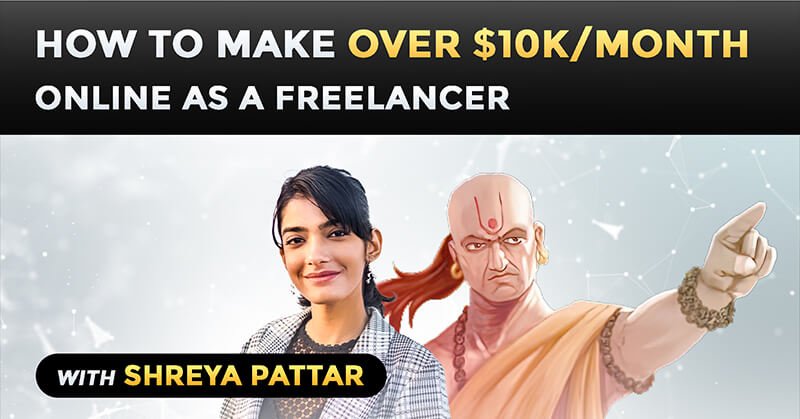





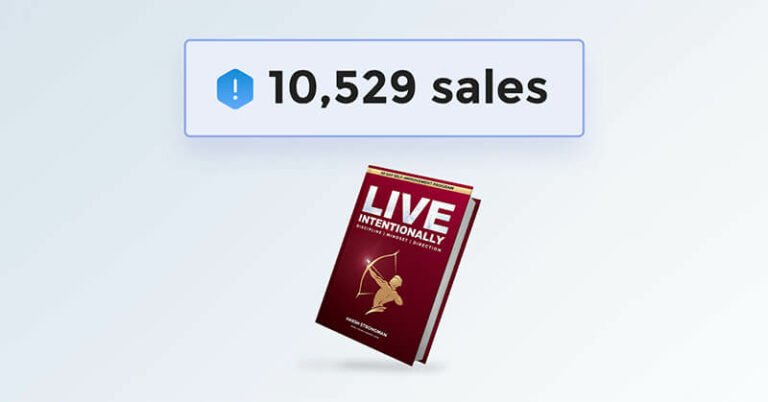


![Traits Women Find Attractive Traits Women Find Attractive (And How to Score Yourself) [PART 1: Physical Aspects]](https://lifemathmoney.b-cdn.net/wp-content/uploads/2025/11/Traits-Women-Find-Attractive-1.jpg)




